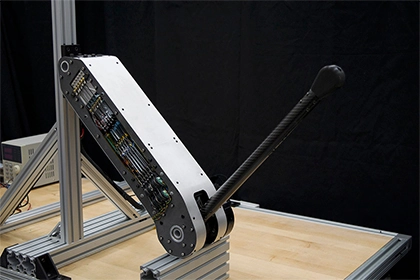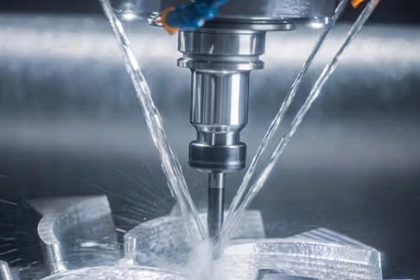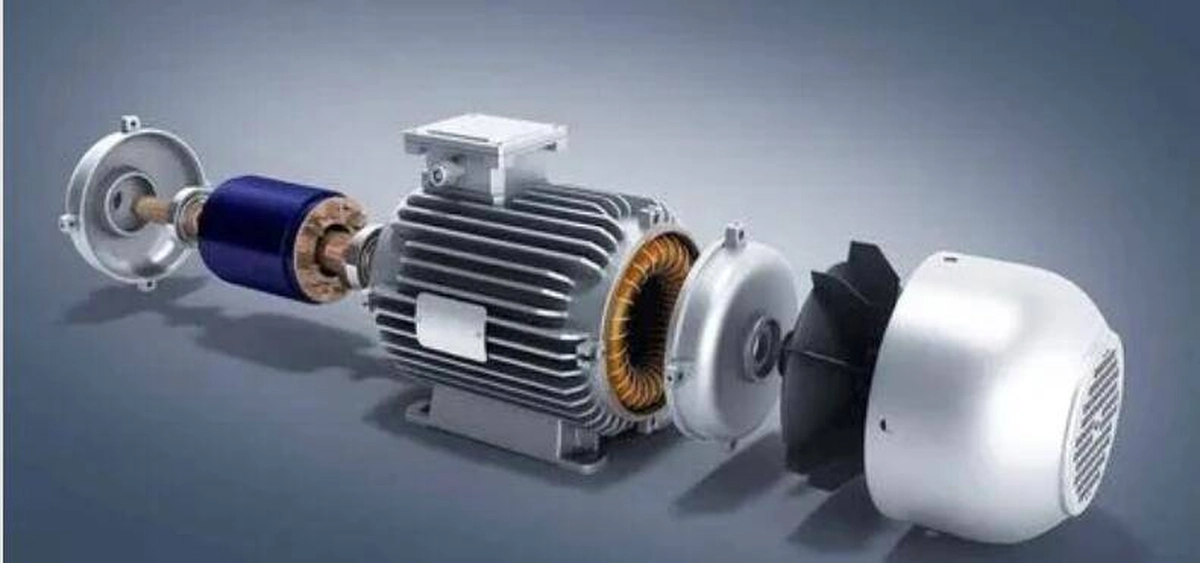- +86 19149417743
- Zhengzhou, Henan Province, China
- Mon-fri: 8am - 7pm
Get a quote

In the world of electric motors, two types reign supreme: direct current (DC) motors and alternating current (AC) motors. Both have their own unique advantages and applications, but in this article, we'll focus on the reasons why you might choose a DC motor over an AC motor.

Before we dive into the advantages of DC motors, let's first understand the basic differences between DC and AC motors.
These motors run on direct current, which means the current flows in one direction. They are simple, reliable, and easy to control. DC motors are commonly used in applications where speed control is important, such as in electric vehicles and robotics.
These motors run on alternating current, which means the current changes direction periodically. AC motors are more complex and require more sophisticated control systems. They are commonly used in applications where high power is required, such as in industrial machinery and household appliances.
Now that we understand the basics, let's explore the advantages of DC motors.
One of the biggest advantages of DC motors is their ability to control speed. This is because the speed of a DC motor is directly proportional to the voltage applied to it. By varying the voltage, you can control the speed of the motor. This makes DC motors ideal for applications where precise speed control is required, such as in electric vehicles and robotics.
DC motors are generally more efficient than AC motors. This is because they do not suffer from the losses associated with the conversion of AC to DC. In addition, DC motors can operate at a wide range of speeds, which means they can be more efficient in a wider range of applications.
DC motors are generally smaller and lighter than equivalent AC motors. This is because they do not require the bulky transformers and other components that AC motors do. This makes DC motors ideal for applications where space and weight are at a premium, such as in electric vehicles and portable power tools.
DC motors have high starting torque, which means they can start under a heavy load. This makes them ideal for applications where the motor needs to start and stop frequently, such as in electric vehicles and robotics.
Finally, DC motors are generally less expensive than equivalent AC motors. This is because they are simpler and require fewer components. This makes DC motors ideal for applications where cost is a major factor, such as in consumer electronics and household appliances.
In conclusion, while both DC and AC motors have their own unique advantages and applications, there are several reasons why you might choose a DC motor over an AC motor. These include their ability to control speed, their efficiency, their size and weight, their starting torque, and their cost. If these factors are important in your application, then a DC motor might be the right choice for you.
 2024-08-30 16:01:40
Engineering
2024-08-30 16:01:40
Engineering
 2024-07-26 14:09:13
Engineering
2024-07-26 14:09:13
Engineering
 2024-07-18 09:42:00
Engineering
2024-07-18 09:42:00
Engineering